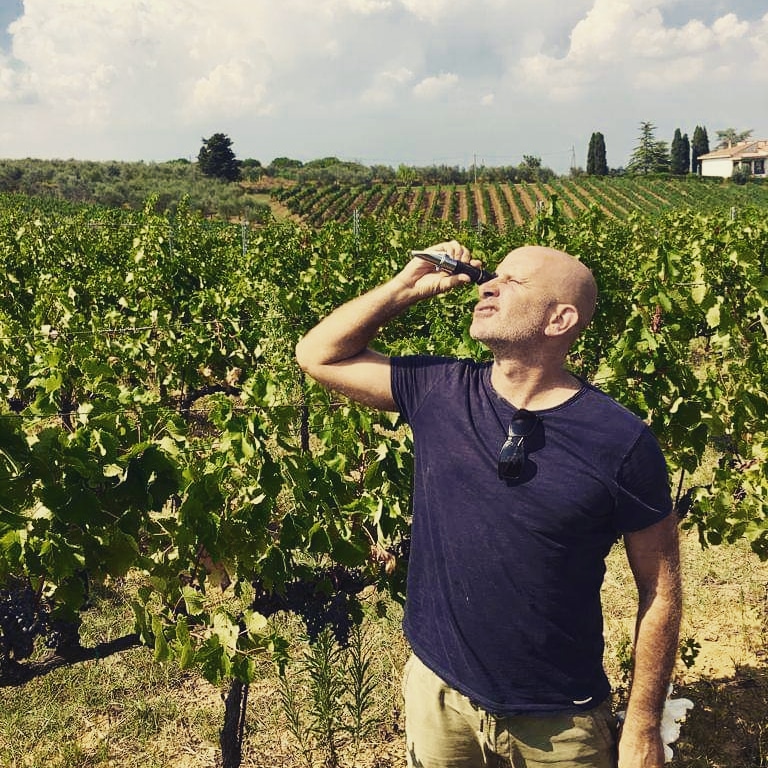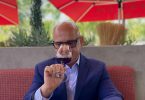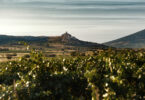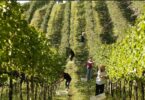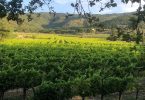There are professions that take shape with the individual’s growth path. This is the case of Dario Parenti who, from a young age, believes that nature and man must live in unison. Dario, a native English speaker, has the advantage of always dealing with different cultures, the key also and, above all, to pursue a career as his wing.
Parenti graduated in viticulture and enology at the University of Florence with a thesis on the export dynamics of Chianti Classico in the US market, thus establishing a deep bond with Tuscany and its winemaking realities. During the period of studies he established relationships with colleagues from all over the world on techniques and protocols of vinification, aging and stabilization in white and red (in New Zealand, at “Villa Maria”, in France at “Domaine de Saint Benezeth” and, subsequently, at the “Cave cooperative de Cazaubon”).
Parenti strengthens his university knowledge in the profession of oenologist, first in Tuscany at the “Ruffino spa” and in California at the “Gallo of Sonoma” (quality production winery of the E&J Gallo group) where he perfects his knowledge of the various aspects of the vine process – wine, from the grape to the final bottle.
Since 2006, with the company “Le Uve”, he has been working as a wine consultant. Since 2009, he has been a professor of wine marketing.
For the review visit Piero Pardini Wine Reviews.


